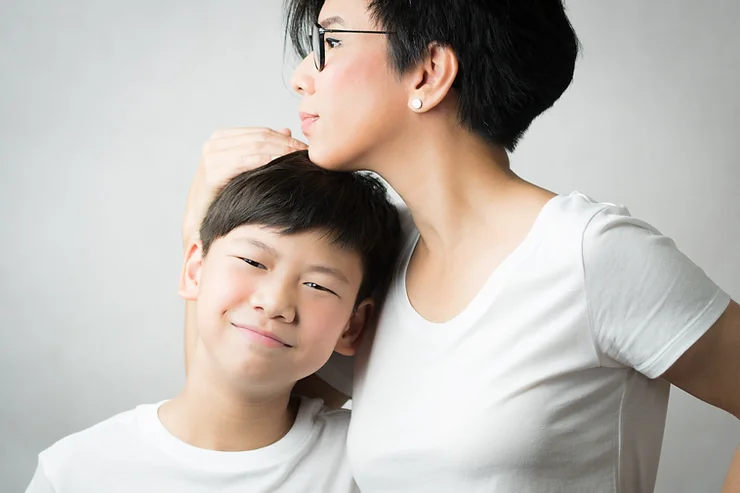
Positive Discipline – and the changes it brings
Positive discipline is a parenting or educational approach that focuses on teaching children appropriate behavior through positive reinforcement and communication. Positive discipline encourages parents and educators to teach children appropriate behavior by creating a positive environment that supports learning and growth, rather than punishing children for misbehavior.
An example of positive discipline is:
Let’s say a child often forgets to clean up after playing with a toy. Instead of punishing the child, a parent using positive discipline could try the following:
1.Encouragement: When a child remembers to clean up, parents can praise the child and make a big deal out of it by saying, “Wow, you cleaned up your toys really well today, I’m so proud of you!”
2.Setting Clear Expectations: Parents will explain that cleaning up toys after playing with them is an important part of keeping the house tidy and that everyone must be involved.
3.Provide support: Parents can offer to help if their child needs it and make the cleaning process a more enjoyable experience for the child by participating.
In this way, children learn that tidying up their toys is a positive and rewarding behavior and are encouraged to continue doing so in the future.

The benefits of positive discipline include
- Strengthening relationships: Positive discipline emphasizes respectful communication and encourages children to feel heard and understood. This promotes a stronger, more positive relationship between the parent or teacher and the child.
- Improved Behavior: Positive discipline techniques help to develop self-control, responsibility and problem-solving skills in children, and over time, children’s behavior will improve.
- Enhanced self-esteem: Positive discipline can help to build self-esteem by increasing a child’s sense of competence and self-confidence.
- Long-term benefits: Positive discipline techniques can teach children important life skills such as empathy, self-regulation and social skills that will benefit them throughout their lives.
- Greater harmony in the family or classroom: Positive discipline focuses on positive reinforcement and problem-solving rather than punitive measures, thus creating a calmer and more cooperative environment.
In short, positive discipline leads to healthier, more positive relationships between adults and children and promotes better behavior and long-term success for children.
Kindly do.
您可能也喜欢

7 Reasons Why New Year’s Resolutions Fail – and How to Make Yours Stick
05/09/2024
Anosognosia: The Complicated Condition That Affects Most Dementia Patients
05/11/2024

